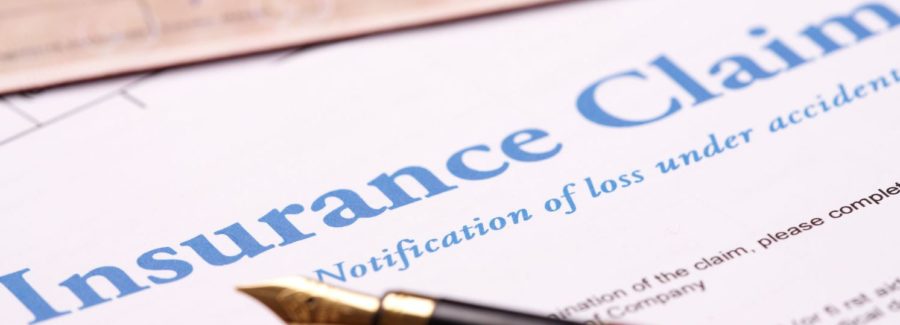8:00 - 17:00
Opening Hour: Mon - Fri
Consumers often view the auto insurance company as something akin to an impenetrable, liable-proof entity.
Like individuals, if an insurance company breaks the law or commits a legally-actionable apolicyholdery holder may be able to assert a claim.
To find good auto insurance companies that will help you avoid lawsuits, enter your zip code into our FREE auto insurance comparison tool above!

Whether you can sue your auto insurance company depends on several factors. Regardless, the most common cause of action you may have typically involves the contract between you and the company.
Essentially, your claim rests on a breach of contract theory of liability.
That means the insurance company promised you something under your agreement between it and you (such as specific benefits or timely settlement of a claim) and failed.
Enter your ZIP code below to view companies that have cheap auto insurance rates.

Taking auto insurance companies to court may not be easy.
Some preliminary steps include:
While you can proceed against the insurance company on your own, it is never recommended. The insurance company is sure to have its own legal representation.
If the company is large, it may even have multiple attorneys handling the matter. This puts you at a distinct disadvantage unless you are an expert in the fields of both insurance law, contract review and litigation.
Further, legal counsel can help you with the additional preliminary steps.
Speaking to an attorney in the early stages can clear up issues such as:

Unfortunately, hiring an attorney can be expensive. If you decide to proceed on your own, you should at least be aware of certain pitfalls.
One particular concern is whether you followed the terms of the agreement in the first place. Insurance companies may avoid liability by asserting that you were the one in breach.
If the contract required you to file a claim within a certain time period, and you failed to do so, the company may be able to avoid having to pay for your claim.
Likewise, state laws have statutes of limitation to file a claim.
The statute of limitation is another timing provision, but it relates to when you file the lawsuit.
If you file your claim against the company outside of the relevant statute of limitations, you may be barred from recovering, even if the insurance company is actually at fault.
Settlements can be advantageous for both parties: it avoids a drawn out legal battle and it provides compensation to the policy holder.
Settling with the insurance company can also be a pitfall. Often, companies offer the policyholder a settlement.
However, it is not uncommon for the company to lowball the settlement amount. Unless you have apt negotiation skills, it is easy to fall victim to an inadequate settlement.
If you hire an attorney, take care to heed her advice. In any event, there are some general tips for handling this matter.
Anytime you communicate with the insurance company, make sure you remain professional and unemotional.
Insurance companies may record calls and they will keep a record of any written communication.
Another critically important aspect of making a case against the insurance company is to keep comprehensive records.
Take pictures of any damages, keep receipts from costs associated with the claim and log any time you contact the insurance company or the insurance company contacts you.
Also, don’t jump the gun. Claims may take time, but the delay should not be unreasonable.
Even with that in mind, you could actually harm your chances of recovery by being uncooperative or expecting the insurance company to handle your claim on the same day you file it.
Enter your zip code below into our FREE car insurance comparison tool to see affordable auto insurance quotes now!
Auto Insurance FAQ